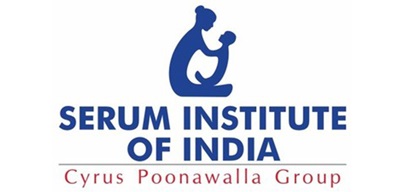PhD Genetics
Eligibility : Four-year graduation degree by research or master’s degree in related discipline with minimum 55% marks
- Duration : 3 Years
- Admission Criteria : Shoolini University's multiple choice entrance test, and assessment of research aptitude through concept note & faculty interaction
The PhD program in Genetics at Shoolini University is a rigorous and comprehensive journey into the realm of genetic sciences, offering students the opportunity to explore the intricacies of genes, heredity, and genetic variations. Our interdisciplinary curriculum draws from biology, biochemistry, molecular biology, biotechnology, and bioinformatics, providing students with a holistic understanding of genetic principles and applications.
Under the guidance of experienced faculty members, students engage in advanced research projects spanning diverse areas such as genomics, proteomics, genetic engineering, evolutionary genetics, and personalized medicine. Through hands-on laboratory work, field studies, and collaborative research endeavours, students gain practical skills and experience in cutting-edge genetic techniques and technologies. With a focus on innovation and scientific inquiry, the program prepares graduates for impactful careers in academia, research institutions, biotechnology firms, healthcare organisations, and government agencies.
Experienced faculty members from renowned institutions like NCI, USA, NIH, USA, IISc and Oxford teach this program at Shoolini University.
Shoolini University gives its students global exposure through collaborations with leading international institutions to enhance their learning experience. Shoolini has over 250 collaborations with top universities like Lanzhou University, China; Gachon University, Korea; University of Naples, Italy; University of Arkansas, USA; University of Maryland, USA.
Shoolini University is UGC Approved and NAAC Accredited

Summit Research
India’s first undergrad research program where students can be research fellows.
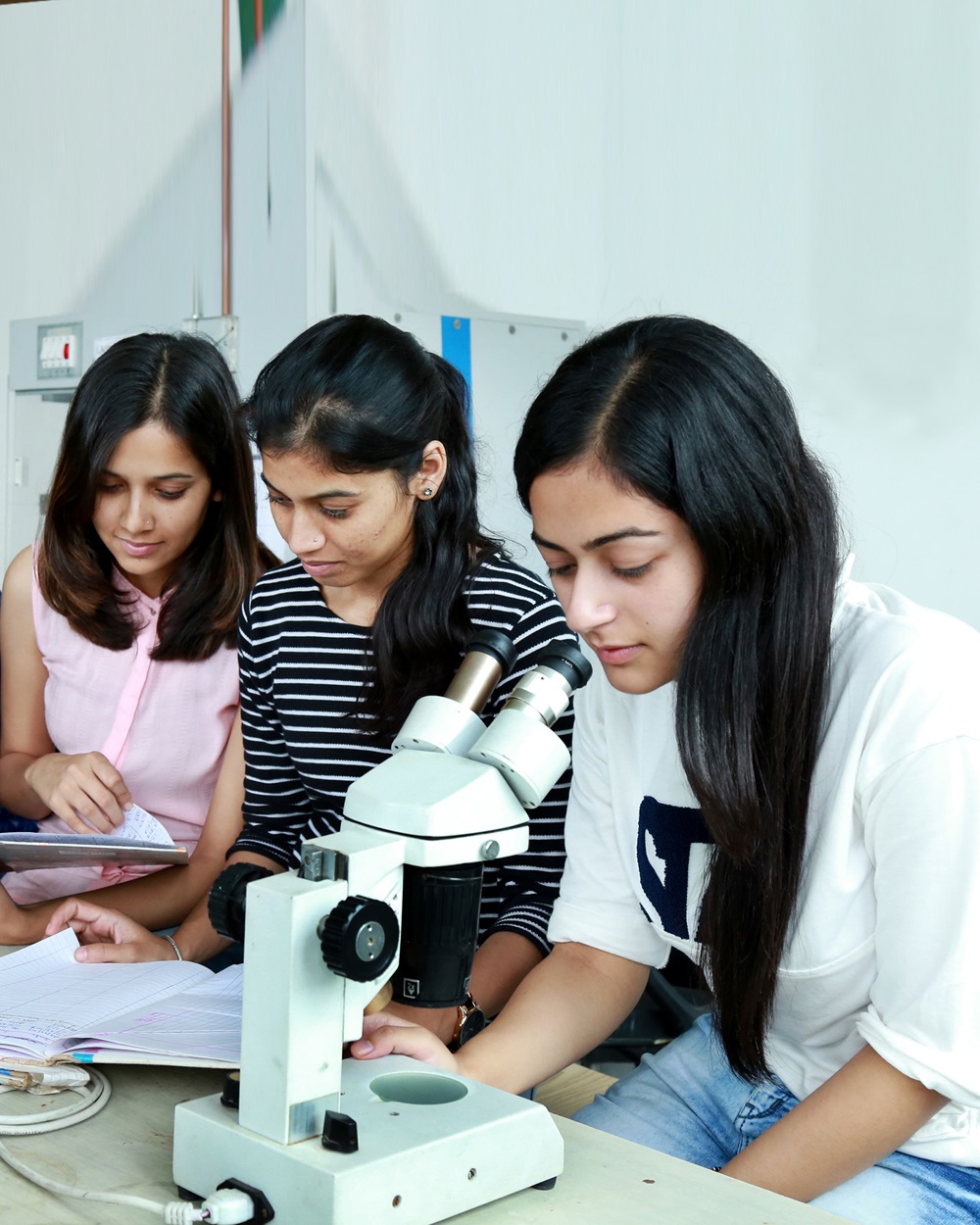
One-Student One-Patent
Students are mentored to file patents in the first year itself.
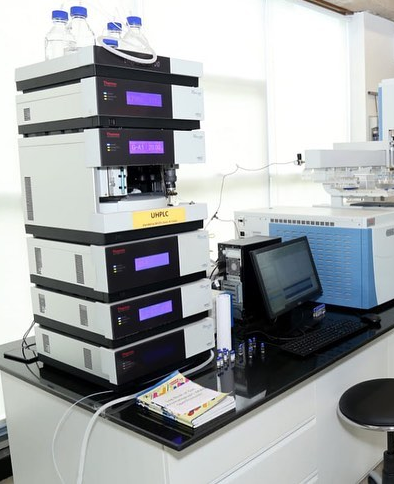
Well-Equipped Laboratories
Commercial Food Testing Lab sponsored by the Ministry of Food Processing Industries (GoI)
PhD Genetics Career Opportunities
- Genetics Counsellor
- Professor/ Lecturer
- Association Genetics Scientist
- Medical Technologist Genetics
- Molecular Genetics Technologist
- Client Relationship Manager
- National Sales Manager
- Human Genetics Scientist



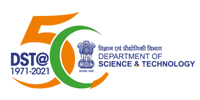
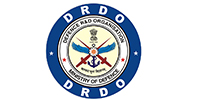
Program Details
Top Faculty
Top Campus Recruiters
Some of the major companies that visit our campus and hire our graduates are:
Frequently Asked Questions
Why should I pursue a PhD from Shoolini University
Shoolini University is India’s No.1 research university. It follows a unique One Student, One Patent policy that encourages all PhD students to focus on real research and innovation. The university has more than 104 modern labs to support your work. Shoolini researchers are also listed among the top 2% scientists in the world by Stanford University. With 250+ international collaborations, you can work with global experts and institutions.
Who teaches PhD Genetics at Shoolini University?
PhD students in Genetics are mentored by globally experienced faculty from top institutions such as NCI, NIH, IITs, IIMs, IISc, and Oxford. These mentors are accomplished researchers with numerous high-impact publications and patents, guiding students through advanced genetic research with real-world relevance.
What are the future opportunities after completing PhD Genetics from Shoolini University?
Graduates of PhD Genetics can pursue careers in genomic research, pharmaceutical and biotech industries, medical diagnostics, genetic counselling, agriculture research, and academia. Many also go on to international postdoctoral programs or launch startups with support from Shoolini’s Steve Jobs Incubation Centre and Pehal – Startup Hub.
How do you expose students to industry experience?
PhD scholars gain real-world exposure through industry-linked research, collaborative projects, and practical problem-solving at Shoolini’s 11 Centres of Excellence, including those focused on Biodiversity, Biotechnology, and Data Analytics.
Is practical training a part of PhD Genetics?
Yes, the PhD Genetics program is built around rigorous hands-on research. Scholars use advanced tools and techniques in 104+ laboratories, participate in real-time data analysis, publish in peer-reviewed journals, and often file patents. Shoolini also follows a one-student, one-patent policy that allows students to come up with new inventions.
What placement opportunities are available for students who have completed PhD Genetics at Shoolini University?
PhD graduates in Genetics are placed in prestigious research institutes, biotech firms, universities, pharma companies, and policy organisations. Shoolini’s reputation for research — with 1500+ patents and 1000+ high-impact publications — enhances postdoctoral and employment prospects both in India and internationally.
Latest Blogs
Explore the latest insights and updates in our newest Shoolini University blogs!
Still have Queries? Contact Us
Please fill in the form and an expert from the admissions office will call you in the next 4 working hours.








.JPG)
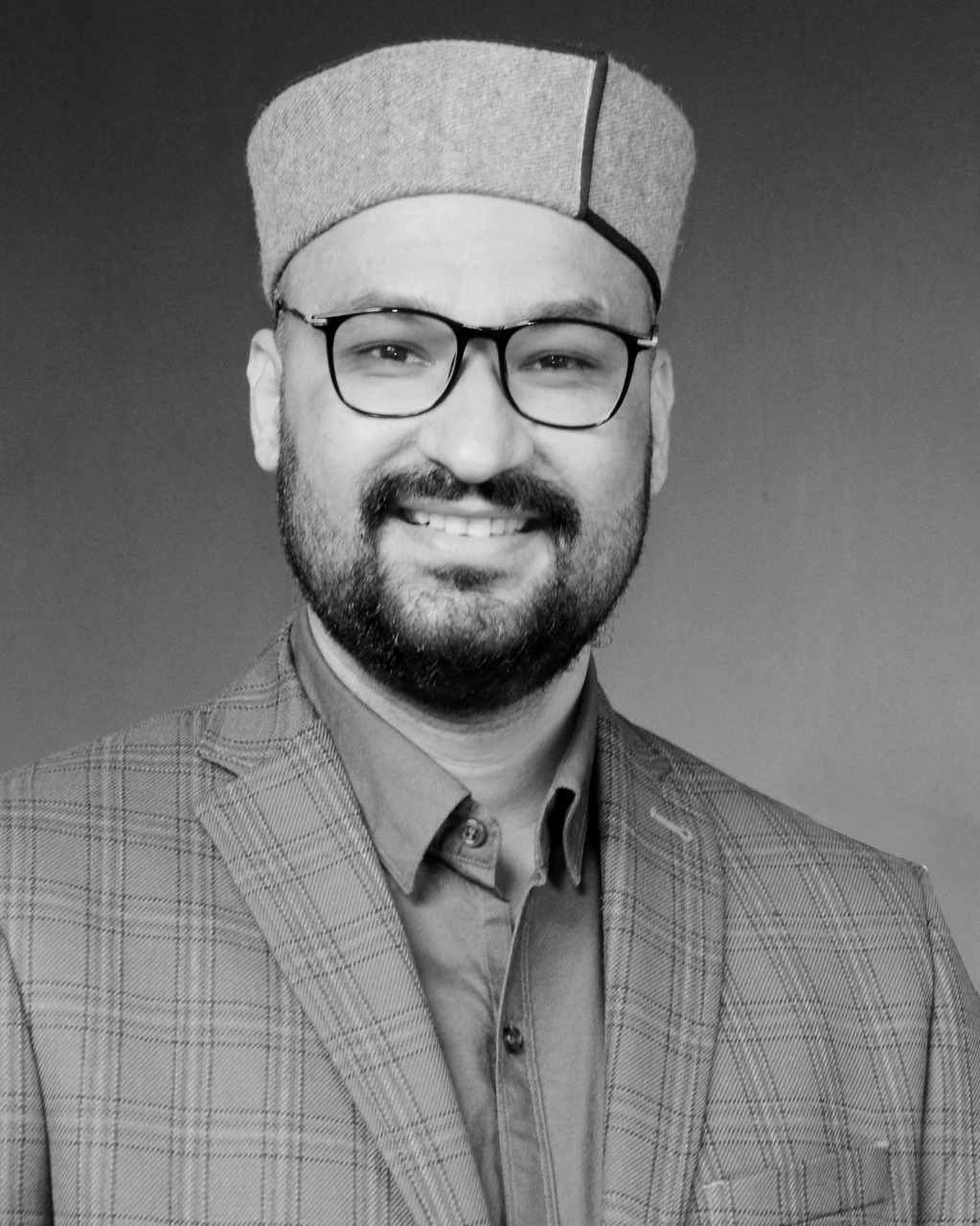
.JPG)





































.png)
.png)


.png)


